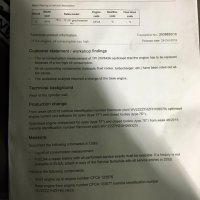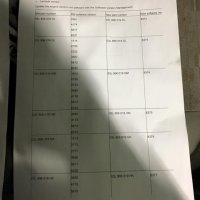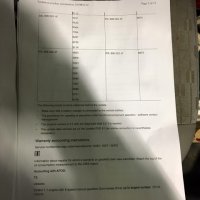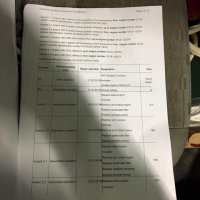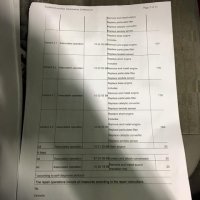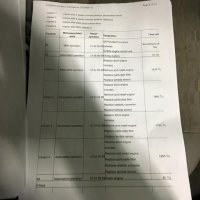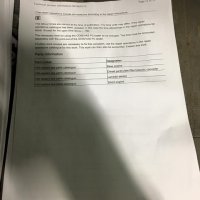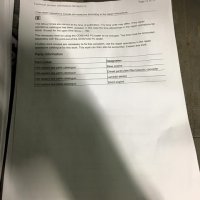What's the affected % of the 180 CFCA production base? Sorry that's just conjecture on conjecture (and nobody has disputed that it's mostly 2010 / 11 engines that were losing compression, but there have been ongoing examples.)
Back to the OP, there is no "Definitive answer or fix" and VW did little to formally acknowledge the problem, parts and engines have been replaced. If you're buying a 2010 now you're completely on your own. If you do have a problem, you'll notice oil consumption rise over a period of time and ultimately the engine will start to lose compression; becoming harder to turn the engine over on start.
The fix at that point is an engine replacement at 6-8k IIRC. That's the gamble you're taking without knowing the actual odds. I wish someone had set up some kind of register.




